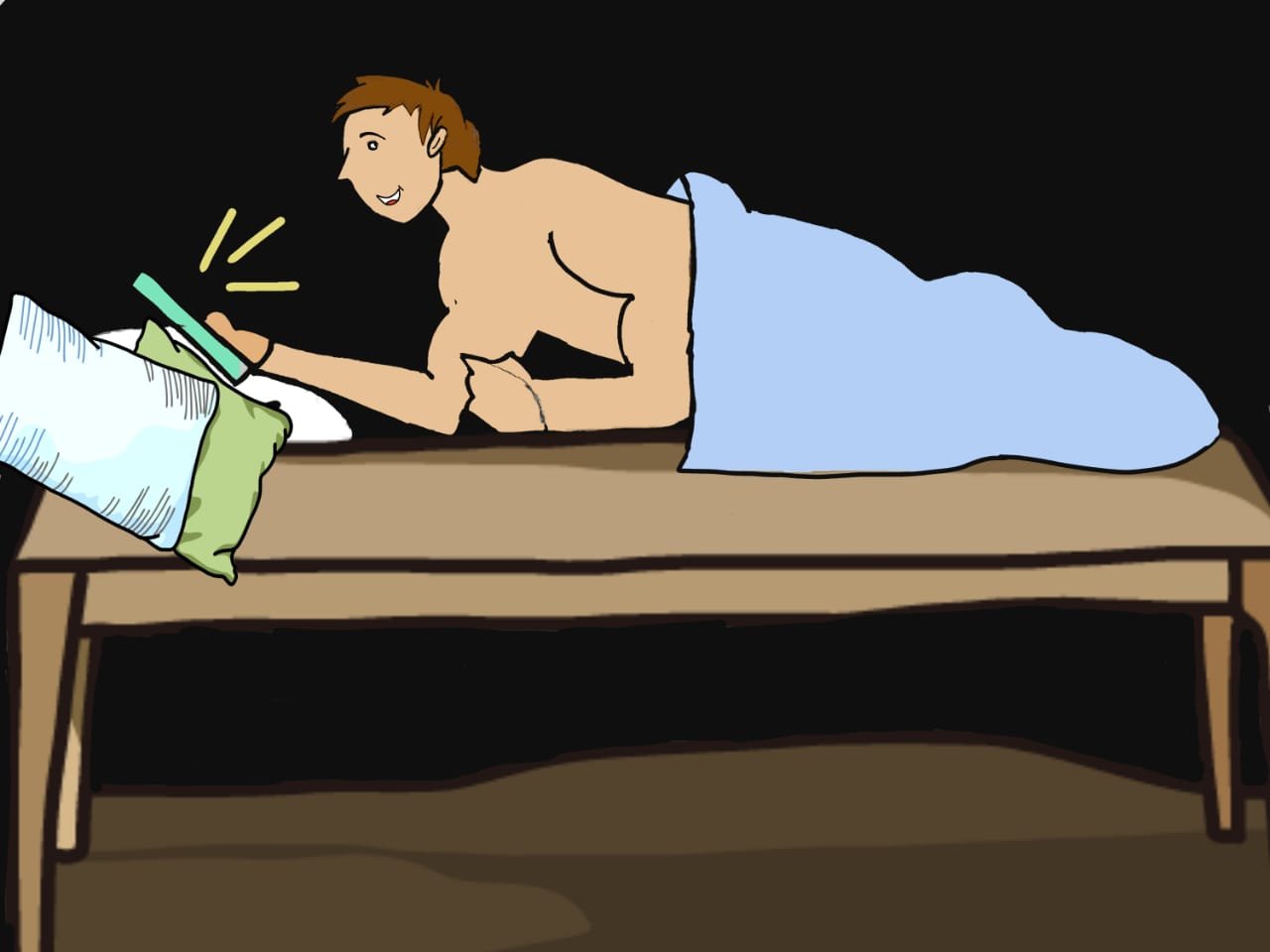Understanding Prone Masturbation: Causes, Risks, and Alternatives
from web site
Introduction
Prone masturbation, also known as "humping" or "grinding," is a form of self-stimulation where individuals achieve sexual pleasure by rubbing their genitals against a surface, such as a mattress or pillow. While it's a common practice for some, prone masturbation can carry potential risks and complications that individuals should be aware of. In this article, we'll explore the causes, risks, and alternatives to prone masturbation.

Causes
Prone masturbation often develops during adolescence as individuals explore their bodies and discover what feels pleasurable. It may stem from various factors, including curiosity, lack of privacy, or the belief that it enhances sexual sensation. Additionally, some individuals may find it difficult to achieve orgasm through conventional methods and resort to prone masturbation as an alternative.
Risks
While prone masturbation may provide temporary gratification, it can pose several risks to sexual health and well-being:
- Decreased Sensitivity: Prolonged and repetitive pressure on the genitals can lead to decreased sensitivity over time, making it more challenging to experience pleasure during sexual activity.
- Erectile Dysfunction: The intense pressure applied during prone masturbation can affect blood flow to the penis, potentially leading to erectile dysfunction, especially as individuals grow older.
- Delayed Orgasm: Prone masturbation may condition the body to respond only to specific stimuli, making it challenging to climax through other forms of sexual activity with a partner.
- Emotional and Psychological Effects: Excessive reliance on prone masturbation may contribute to feelings of guilt, shame, or isolation, especially if individuals struggle to achieve satisfaction through conventional sexual intercourse.
Alternatives
Fortunately, individuals who engage in prone masturbation can explore healthier alternatives to enhance their sexual experiences and maintain optimal sexual health:
- Exploration and Communication: Openly discussing sexual preferences and desires with a partner can foster intimacy and help individuals discover new forms of pleasure together.
- Sensate Focus: Practicing sensate focus exercises, where partners explore each other's bodies through touch without the expectation of sexual intercourse, can deepen intimacy and heighten arousal.
- Masturbation Techniques: Experimenting with different masturbation techniques, such as using lubricants, varying strokes, or incorporating sex toys, can help individuals discover what feels most pleasurable for them.
- Seeking Professional Help: If prone masturbation significantly impacts an individual's sexual functioning or emotional well-being, seeking guidance from a qualified therapist or sex educator can provide valuable support and strategies for healthier sexual expression.
Conclusion
While prone masturbation may offer immediate gratification, it's essential to understand the potential risks and explore healthier alternatives for sexual expression and fulfilment. By prioritizing open communication, experimentation, and seeking professional guidance when needed, individuals can cultivate fulfilling and satisfying sexual experiences while promoting long-term sexual health and well-being.
Recommended article :- Strengthening Bonds: The Role of Relationship Counseling
